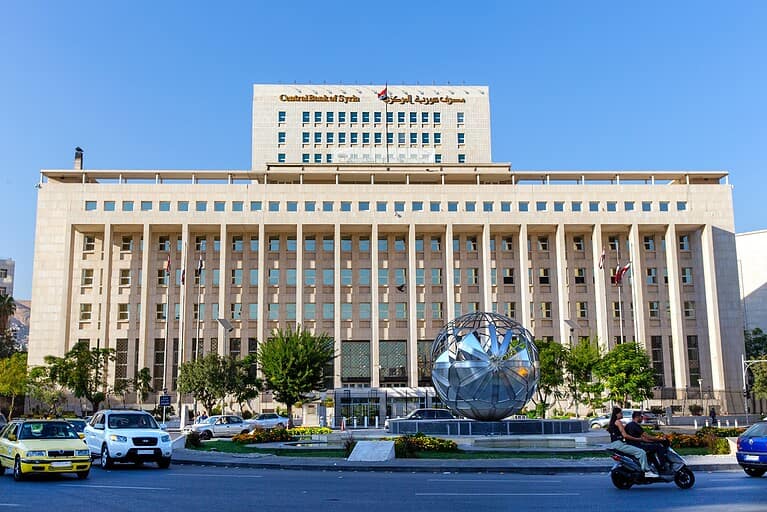
Economics, Policy & Regulation
With Lifting Of US Sanctions, Syrian Banks Reconnect
Syria is embarking on a cautious reentry into the global financial system after more than a decade of war and isolation.
Global news and insight for corporate financial professionals
Join the global community of corporate and public-sector finance industry leaders reading Global Finance monthly in print.
Click Here
Economics, Policy & Regulation

Executive Interviews
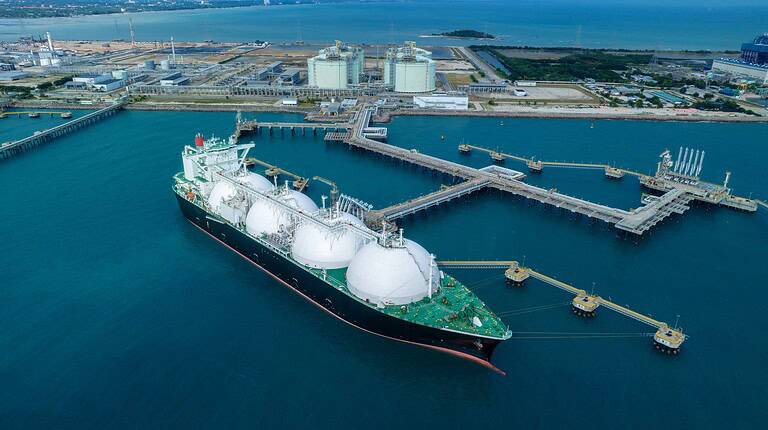
Features
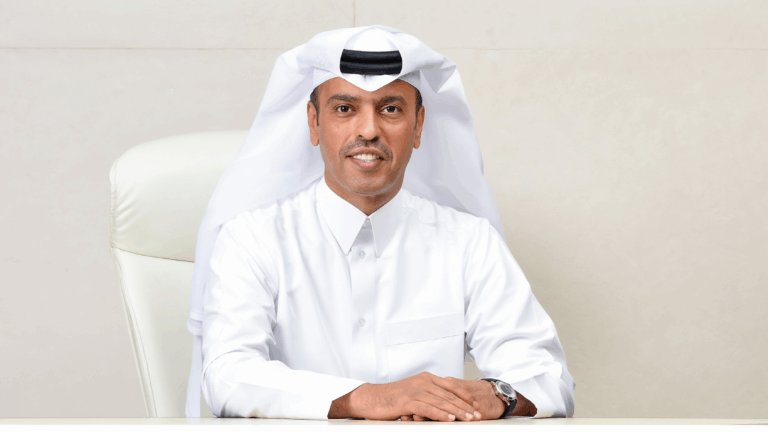
Executive Interviews
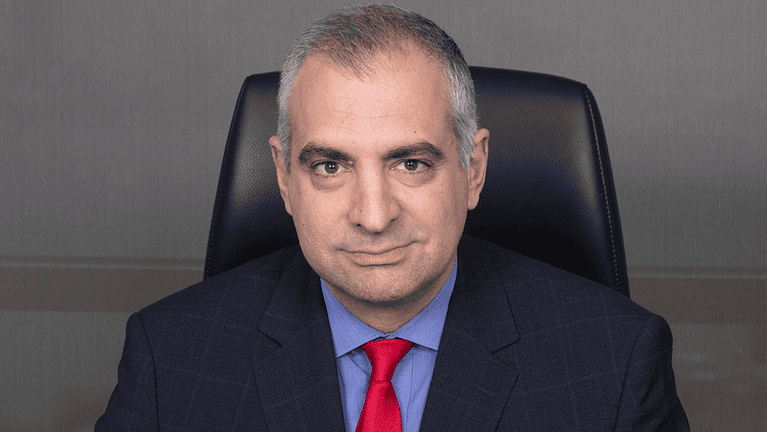
Executive Interviews
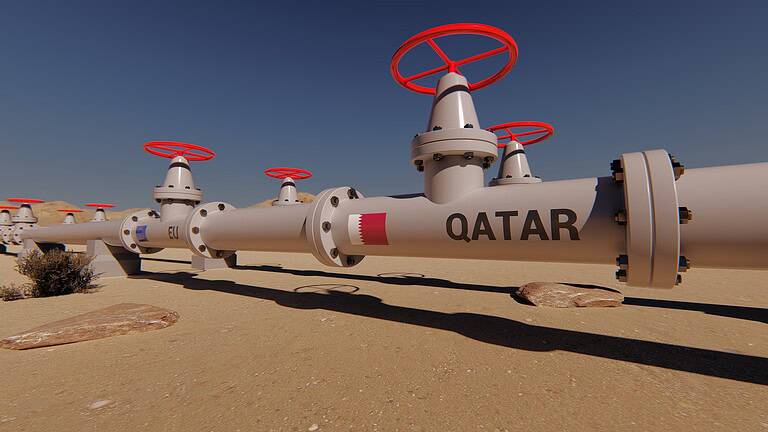
Features
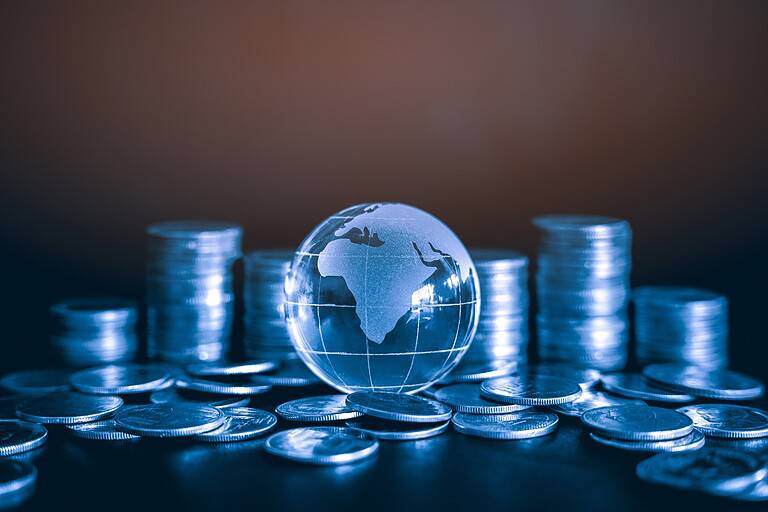
Award Winners
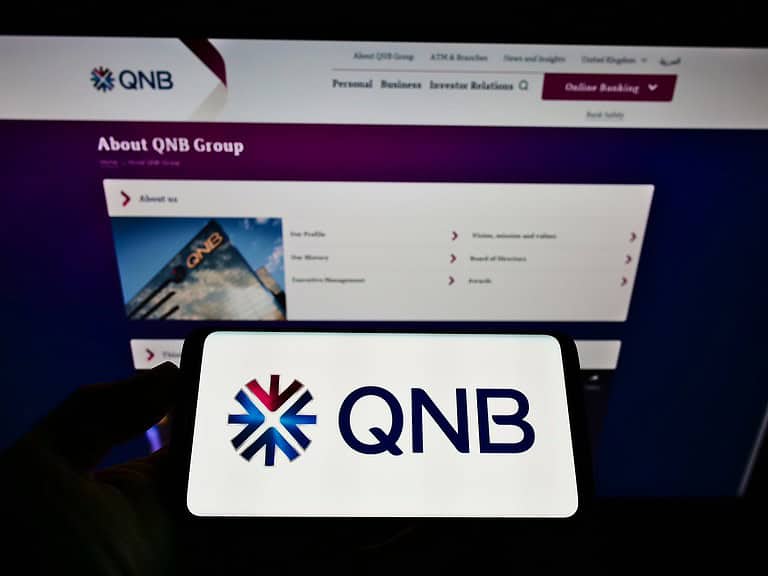
Award Winners

Emerging & Frontier Markets
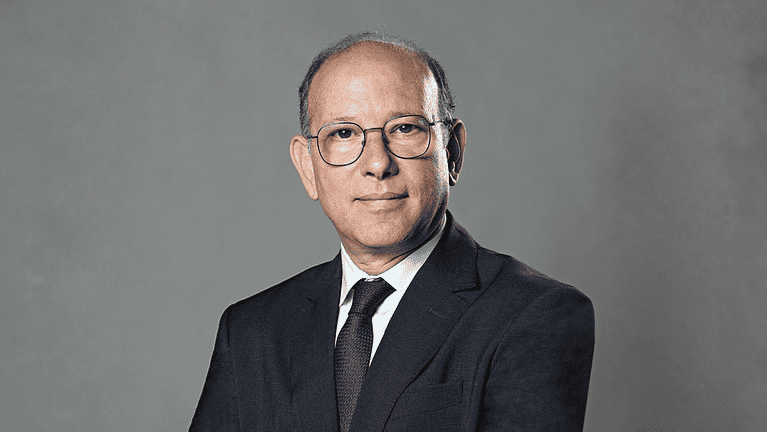
Executive Interviews
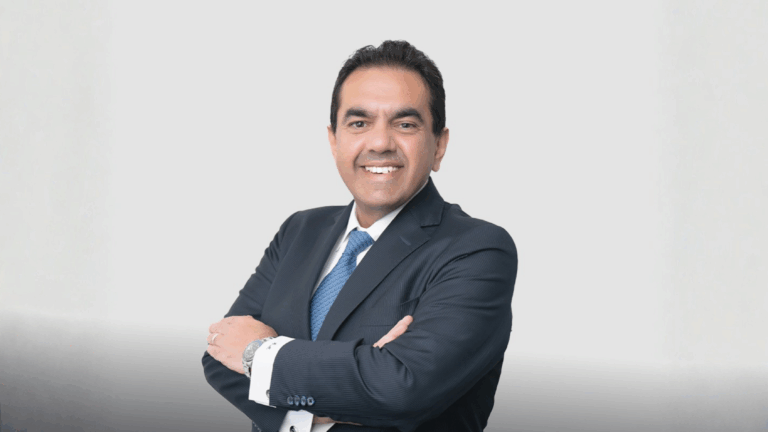
Executive Interviews
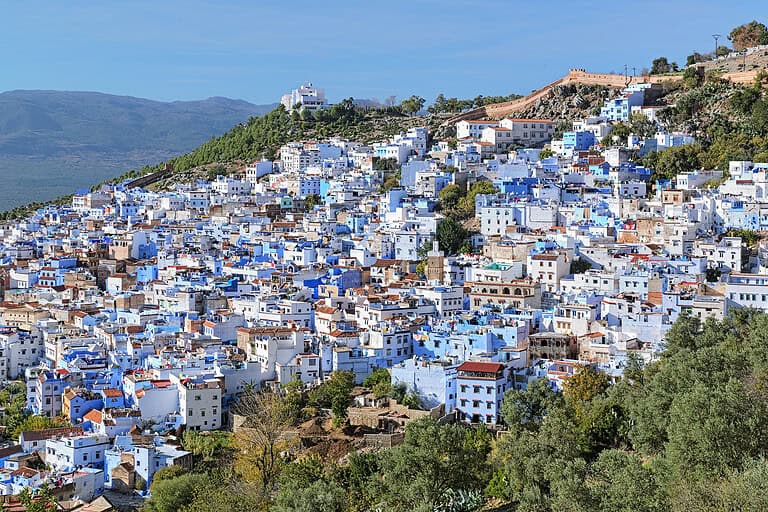
Emerging & Frontier Markets